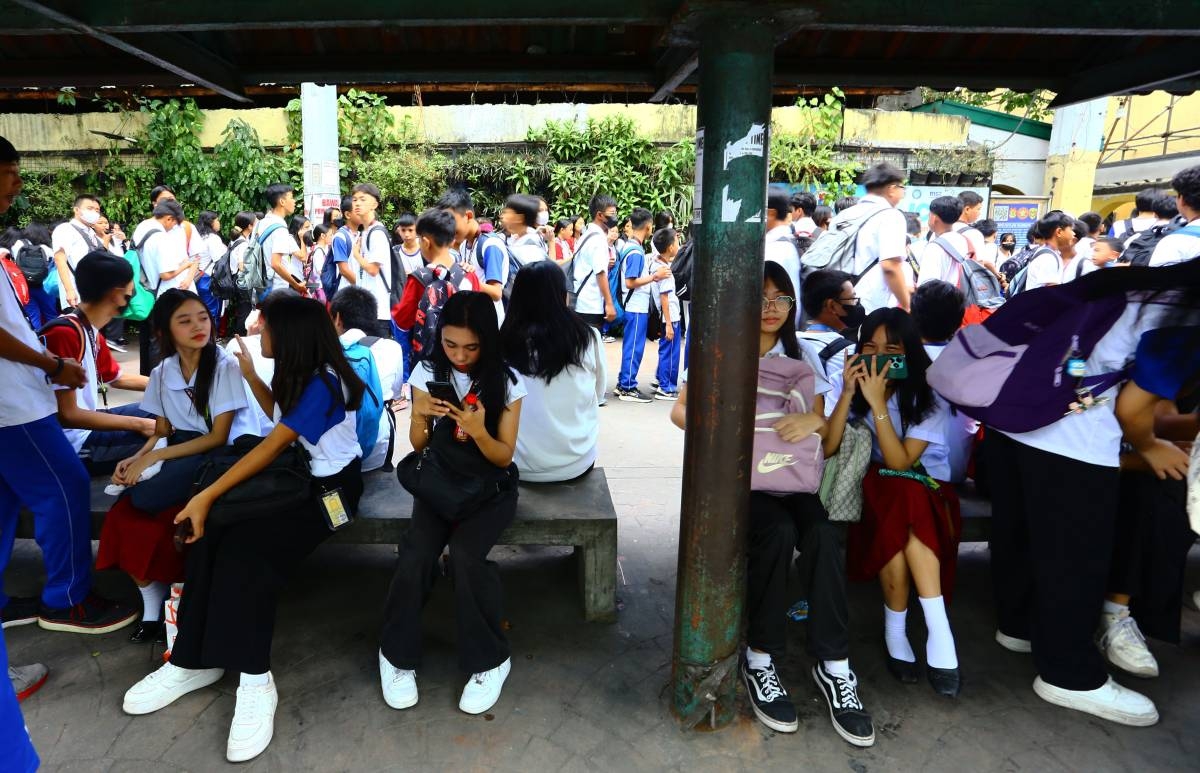Department of Education Warns Public Against Fake Scholarships
The Department of Education (DepEd) in Manila, Philippines has recently issued a warning to the public regarding a group that is offering fake scholarships online. This group has been using the agency’s seal and even the photo of Vice President Sara Duterte, who also serves as the Education Secretary.
In an advisory released on Monday, the DepEd strongly urged parents and guardians not to provide any information about their children to these scammers. The agency emphasized the importance of safeguarding the security of their children.
The DepEd stated, “Parents and guardians are strongly advised not to give out their children’s school information and identification to these kinds of hideous posts so as not to compromise their security.”
The Threat of Online Scams
Online scams have become a prevalent issue in today’s digital age, affecting people from all walks of life and across different countries. The Philippines is no exception, and the DepEd’s warning serves as a reminder to stay vigilant against such fraudulent activities.
Scammers often prey on the vulnerability and trust of individuals, particularly parents who are seeking educational opportunities for their children. By using the DepEd’s seal and the photo of Vice President Sara Duterte, these scammers attempt to deceive unsuspecting individuals into believing that the scholarships they offer are legitimate.
However, it is crucial to note that the DepEd does not endorse or support any online scholarship programs that require personal information or monetary transactions. Genuine scholarship opportunities are typically provided through official channels, such as schools, universities, and recognized educational institutions.
Protecting Children’s Security and Privacy
The DepEd’s advisory emphasizes the importance of protecting children’s security and privacy. By withholding sensitive information, parents and guardians can help prevent their children from becoming victims of identity theft or other forms of cybercrime.
In the digital age, it is vital for parents to educate themselves and their children about online safety. This includes being cautious about sharing personal information, verifying the legitimacy of online platforms, and reporting any suspicious activities to the appropriate authorities.
Furthermore, it is essential for individuals to be aware of their rights and the laws that protect them in their respective countries. In the Philippines, for example, the Data Privacy Act of 2012 safeguards the personal information of individuals and imposes penalties on those who violate data privacy rights.
By understanding and abiding by these laws, individuals can take an active role in protecting themselves and their families from online scams and other cybersecurity threats.
Conclusion
The Department of Education’s warning against fake scholarships serves as a reminder to the public to remain vigilant in the face of online scams. It is crucial for parents and guardians to be cautious when sharing personal information and to verify the legitimacy of any online scholarship programs.
Protecting children’s security and privacy should be a top priority, and individuals should educate themselves and their families about online safety measures. By staying informed and aware, we can collectively combat online scams and ensure a safer digital environment for all.







